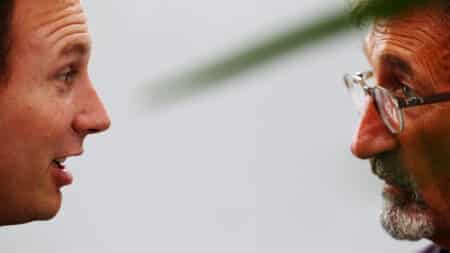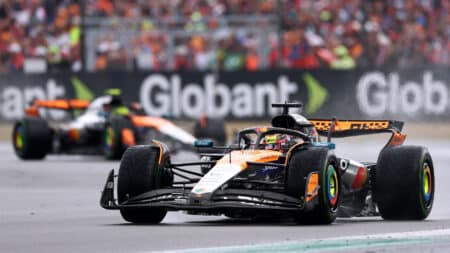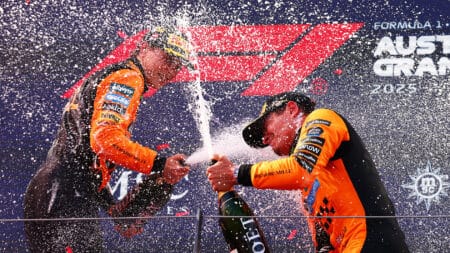
Horner's departure shows age of the maverick F1 boss is over
Christian Horner has now left Red Bull, the last of a certain breed of F1 team principal
We’re just two weeks from press day for the Geneva Motorshow, the single most important annual event in the diary of most motoring journalists, the one even those with an aversion to shows try not to miss. And amid all the new and exciting real cars making their global debuts there, so too will there be a lavish array of concept cars to help fill the pages of every paper, magazine and website with an automotive orientation.
With surprisingly few exceptions, I hate concept cars. Broadly speaking there are four different types, all apparently designed to tease, frustrate and annoy those of us whose interest in cars stems essentially from what they can do for us today.
First there are the completely off-piste concept cars, those that everyone knows will never see the inside of a showroom. These are actually the least offensive concept cars because unlike most of the others, they don’t write cheques their creators can’t cash. Some like the Alfa Romeo/Bertone BAT concepts of the early 1950s are among the most beautiful slices of automotive art ever created while others such as the 2005 Peugeot Moovie are just so utterly bonkers they’re interesting not least because of the insight they provide into the highly original workings of the minds that created them. But in a crowded motorshow I’m still going to walk past them to focus on cars customers can actually buy.
The second type of concept are those manufacturers use to brighten up briefly their otherwise dull car ranges and use as carrots to dangle temptingly under the noses of editors all over the world. It seems all it takes is for one PR person to call it ‘a production possibility’ for the world to assume it’s all but signed off, despite the fact its makers have not the slightest intention of ever building it. Ten years ago I can remember getting incredibly excited about driving a fine looking 6-litre, V12 supercar concept built by Peugeot called the 907. What relevance did it have to any car produced by Peugeot since? Zero.
The third category is concept cars that really are designed to test public opinion. In their favour these are the most honest concepts but so too are they the most frustrating. Usually they’re only wheeled out to confirm what private clinics have already strongly indicated: namely that they’ll be a hit with the public. But because these concepts come so far ahead of production reality what you see on the show stand often bears little relation to what turns up in the showroom many years later. Look at what happened to the brilliant Land Rover Range Stormer concept of 2004 and its ugly production reality two years later – the Range Rover Sport – to see what I mean.
Even worse are cars that despite all the due diligence of their manufacturers still end up getting canned. The most recent example I can recall is Audi’s fabulous 2010 Quattro concept, a modern take on the old short-wheelbase Quattro that, had all gone according to plan, would have been going on sale about now. I flew to the US to drive it, loved it and said Audi would be mad not to make it. Shortly afterwards the project got shelved, a business case being unable to be found.
The final category of concept cars aren’t actually concepts at all but essentially signed off, production ready vehicles merely presented as concepts. Why show them this way? Because it allows manufacturers to wheel them out again a few months later as the production version and earn themselves another slew of headlines, even though often it’s just the wheels and colour of the indicator lenses that have changed.
Truth is that while journalists love to read as much as possible into every concept car, the real reason for their presence is often far simpler: they’ve got nothing else to show.

Christian Horner has now left Red Bull, the last of a certain breed of F1 team principal

Was Oscar Piastri the real winner in the long run after Silverstone? asks James Elson

Lewis Hamilton hadn't won in almost three years – and then produced a sensational victory at Silverstone 2024. James Elson explains why it was his best ever

Describing this year's championship race as a 'battle' might be slightly over-egging it, writes James Elson